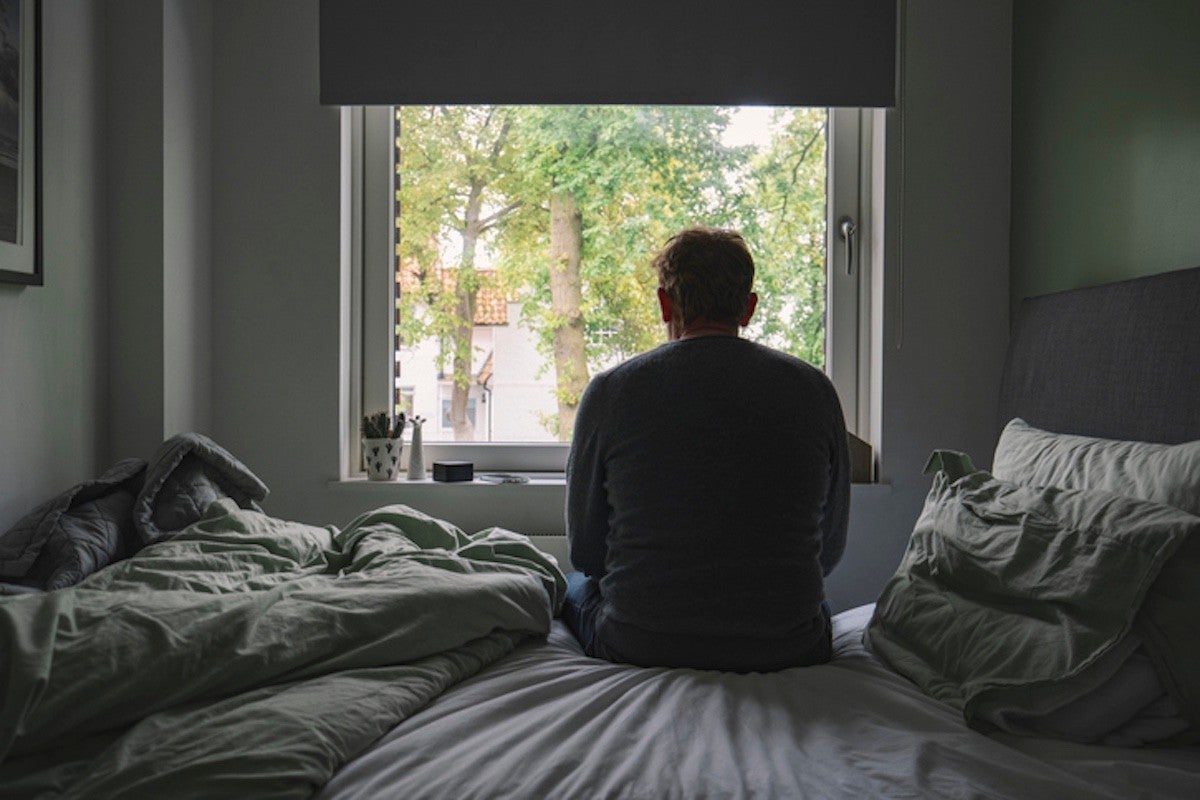All about depression screening

Depression is when someone feels sad, stops enjoying things they used to like or feels hopeless on most days for weeks, months or even years. It can change how you think, act and feel. People with depression might have trouble sleeping or eating. They may feel less energetic. Nearly 20 percent of U.S. adults report having been diagnosed with depression at some point in their lives. If depression is not treated, it can cause more serious health and behavioral problems.
Depression often starts when people are teenagers or young adults. Sometimes, the depression will go away and then come back again. But with treatment and support, many people who experience depression can and do get better and stay better.
Who needs depression screening?
There are a few factors that can make someone more likely to experience depression. They include:
- Genetics/family history
- Gender (women are at greater risk than men)
- Chronic health issues (e.g., cancer or cardiovascular disease)
- Other mental health disorders
- Substance use
- Chronic stress
- Life events like a death or loss or other significant changes
- A history of trauma
Regardless of whether an adult has any of these risk factors, guidelines suggest that all adults should be screened for depression. Depression can also be associated with a particular period in life or a life experience. For example, depression can commonly affect people who are pregnant or have just had a baby, so it’s important to screen at this time.
How to screen for depression
There are a few tools care providers use to check for depression. These tools include:
- The Patient Health Questionnaire (PHQ-9)
- The Center for Epidemiologic Studies Depression Scale (CES-D)
- The Geriatric Depression Scale (GDS)
- The Edinburgh Postnatal Depression Scale (EPDS) for people who are pregnant or just had a baby
Screening questions are included in the pre-visit checklist when you prepare to meet with your primary care provider. Talk to your provider about how you’re feeling, even if you don’t think you're at risk. Screening for depression is easy, and there are many different support services available to help meet a range of needs.
Was this article helpful?
Don't wait! Unlock a healthy, happy new year, at no cost to you.
This content is not intended to be a substitute for professional medical advice, diagnosis or treatment. Always seek the advice of your physician or other qualified health provider with any questions you may have regarding a medical condition.
